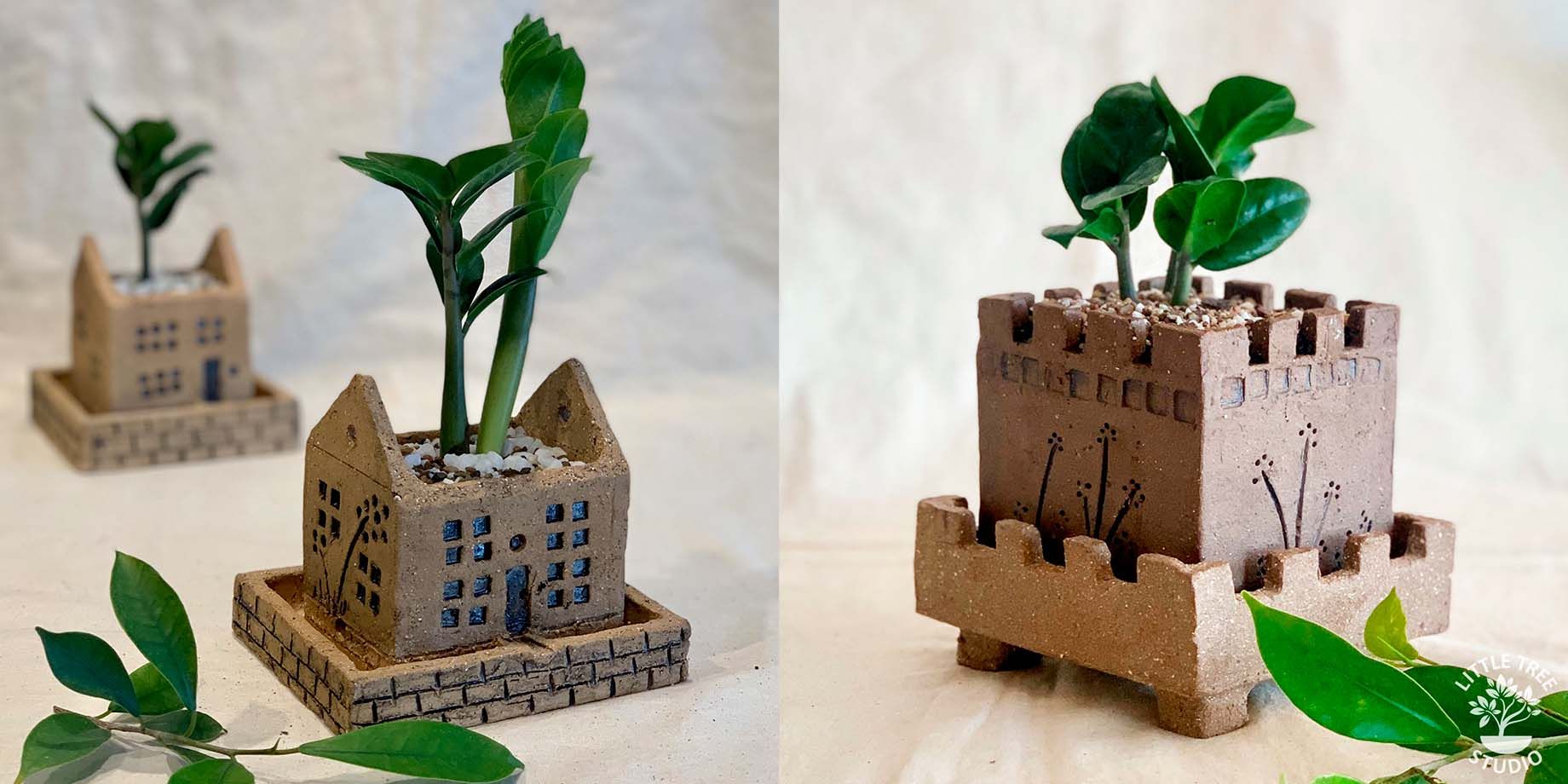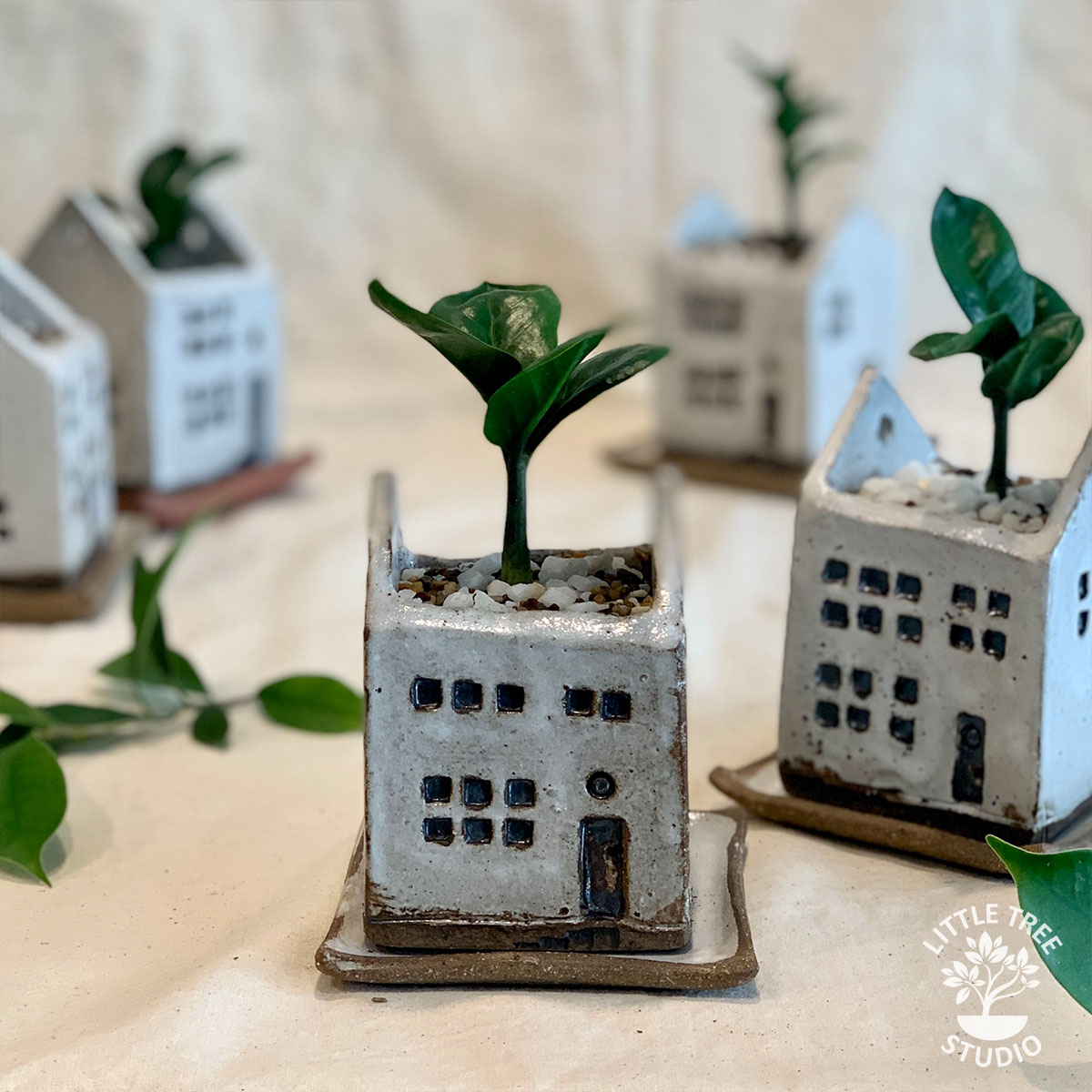
Zanzibar Zenzi Plant Care
This plant is tough and thrives on neglect, making it perfect for the forgetful plant owner. This hardy plant is able to survive for months without water and will grow well in low light and hates the direct sun.
How to care for your Zanzibar Zenzi.
LIKES DRY SOIL, SO DON'T OVERWATER & DON'T PUT IT IN THE DIRECT SUN!

Why does my ZZ Plant have yellow leaves?
The leaves on your Zanzibar Zenzi Plant could be turning yellow for a number of reasons.
Improper Light
This plant thrives in low to medium light. When exposed to direct sunlight for too long, the leaves will yellow and burn. The Zanzibar Zenzi Plant can adapt to very low light areas, so don’t be afraid to place it in a dark corner–that might be just what it’s craving.
Moisture
Providing proper soil moisture (or lack of moisture) is important in caring for a Zanzibar Zenzi Plant. The number one cause of yellowing leaves among Zanzibar Zenzi plants is overwatering. Zanzibar Zenzi Plants basically thrive off of neglect–they don’t need much water to survive. Only water when the top 50% of soil is dry. Water until water flows freely from the drainage hole at the bottom of the pot. Be sure to discard any excess water that flows into the saucer. Your Zanzibar Zenzi doesn’t like “wet feet,” as this can lead to root rot and eventual death of your Zanzibar Zenzi .
Your watering consistency
Alternating between bone dry and wet soil from ill-timed waterings can create stress and cause your Zanzibar Zenzi to have yellow leaves.
Pests
Weakened or stressed ZZ Plants become more susceptible to insect infestations. Sap-sucking bugs like spider mites can drain your plant of moisture. This problem quickly manifests itself by yellowing leaflets and fronds. Scale, mealybugs, and spider mites occur frequently in indoor conditions. If not killed early on, these small pests proliferate and move all along leaves and fronds and into nooks and crannies. The piercing mouths of the insects exhaust your plant and accelerate yellowing, especially if your Zanzibar Zenzi is already unhealthy from a nutrient deficiency or improper soil moisture.
